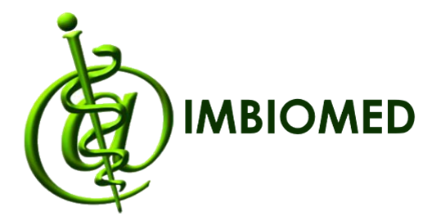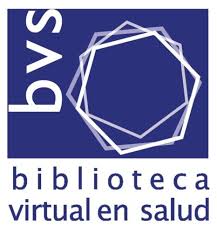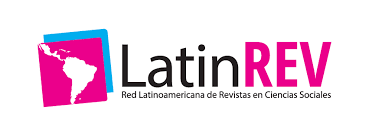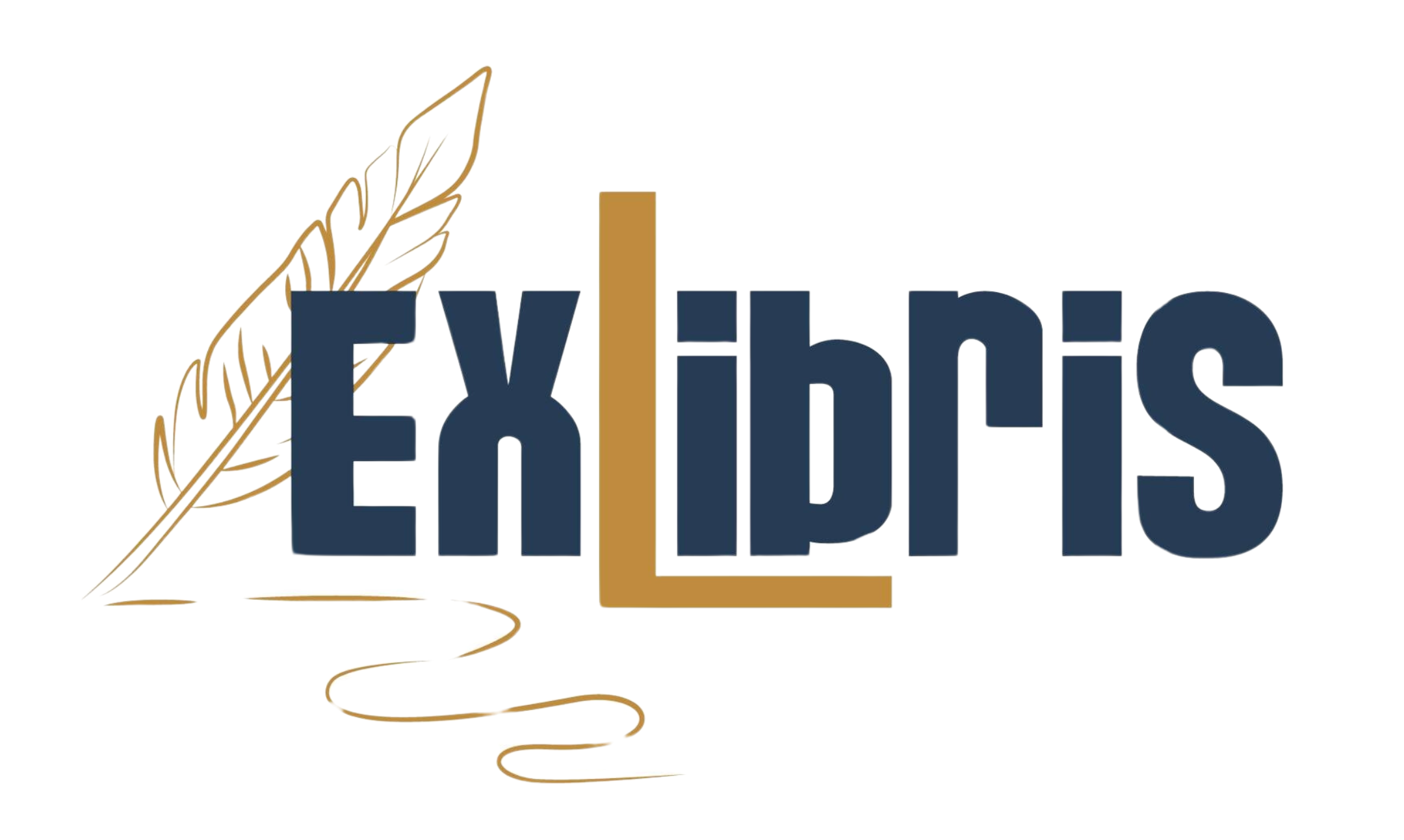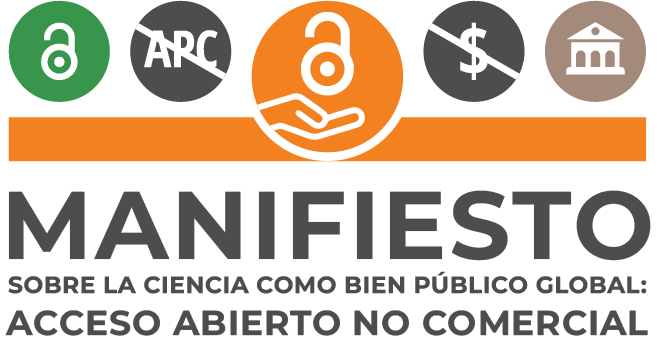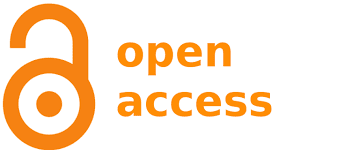Español
DOI:
https://doi.org/10.69789/creaciencia.v17i1.703Keywords:
Keywords: Kaizen, Quality of Health Care, safety, health care, EPQI.Abstract
This paper describes the results of the retrospective, longitudinal and descriptive research aimed at characterizing the scope of the training strategy for the use of the Kaizen methodology provided to Costa Rican social security work groups.
This strategy has the purpose of creating projects to improve the quality of processes, focusing on the efficiency and safety of patient care. The qualitative and distributional characteristics of all the Kaizen microprojects developed up to the year 2022 were studied.
It was concluded that hospitals were the main beneficiaries since their participation was more prevalent than that of other health care establishments. Projects related to medical specialties were the most predominant, most of which were aimed at improving hospital processes for patient care. The professional guild that conducted most of the projects was the nursing guild. The results of this
research made it possible to establish how these training courses were distributed. This knowledge will help improve the planning of future trainings so they can be extended to more professional associations, other services or strategic programs of the health care institutions of the Costa Rican social security system. This experience can be leveraged nationally and internationally to design and implement projects in local and national, public, and private health care systems. The primary goal of this initiative is to strengthen the quality and safety of care through a systematic approach to processes based on the Kaizen methodology
References
Barraza Suárez MF, Miguel Dávila, JA. Encontrando al “Kaizen”: un análisis teórico de la “mejora continua”. Pecvnia: revista de la Facultad de Ciencias Económicas y Empresariales, Universidad de León [Internet]. 2008 Dic;(7):285-311. Disponible en: https://doi.org/10.18002/PEC.V0I7.696
Masaki Iai. Cómo implementar el Kaizen en el sitio de trabajo (Gemba). Santafé de Bogotá (CO): McGraw Hill; 2003.
Lillrank P, Kano N. Continuous Improvement: Quality Control Circles in Japanese Industry. The Journal of Asian Studies [Internet].1991;50(2):416-18. Disponible en: https://doi.org/10.2307/2057250
Singh J, Singh H. Continuous improvement philosophy – literature review and directions. Benchmarking: An International Journal [Internet]. 2015;22(1),75-119. Disponible en: https://doi.org/10.1108/BIJ-06-2012-0038
Cogollo Flórez JM, Zapa Pérez ER, Díez Aguirre V, Loaiza Orrego O. Relación entre Kaizen y cultura laboral en sistemas productivos. Revista ESPACIOS [Internet]. 2018;39(14):10-27. Disponible en: https://www.revistaespacios.com/a18v39n14/18391410.html
Alvarado Ramírez K, Pumisacho Álvaro V. Prácticas de mejora continua, con enfoque Kaizen, en empresas del Distrito Metropolitano de Quito: un estudio exploratorio. Intangible Capital [Internet]. 2017;13(2), 479-97. Disponible en: https://doi.org/10.3926/ic.901
Delgado Ortiz OR, Montoya Cárdenas GA. Kaizen Methodology: literature review and implementation analysis. Journal of Scientific and Technological Research Industrial [Internet]. 2022;3(2):26-35. Disponible en: https://doi.org/10.47422/jstri.v3i2.28
Favela-Herrera MKI, Escobedo-Portillo MT, Romero-López R, Hernández-Gómez JA. Herramientas de manufactura esbelta que inciden en la productividad de una organización: modelo conceptual propuesto. Revista Lasallista de Investigación [Internet]. 2019 Oct 23;16(1):115-33. Disponible en: https://revistas.unilasallista.edu.co/index.php/rldi/article/view/2011
Chara-Pin NE, Moncayo Vives GA, Chara-Pin YV. Aplicación de la filosofía Kaizen a la administración de microemprendimientos. Dominio de las Ciencias [Internet]. 2022 Abr; 8(2):420-34. Disponible en: https://dominiodelasciencias.com/ojs/index.php/es/article/view/2653
Kollberg B, Dahlgaard JJ, Brehmer P. Measuring lean initiatives in health care services: issues and findings. International Journal of Productivity and Performance Management [Internet]. 2007;56(1):7-24. Disponible en: https://doi.org/10.1108/17410400710717064
Drotz E, Poksinska B. Lean in healthcare from employees’ perspectives. Journal of Health Organization and Management [Internet]. 2014;28(2):177-95. Disponible en: https://doi.org/10.1108/JHOM-03-2013-0066
Bortolotti T, Boscari S, Danese P, Medina-Suni HA, Rich N, Romano P. The social benefits of Kaizen initiatives in healthcare: an empirical study. International Journal of Operation & Production Management [Internet]. 2018;38(2):554-78. Disponible en: https://doi.org/10.1108/IJOPM-02-2017-0085
Caja Costarricense del Seguro Social. Política Institucional de Calidad y Seguridad del Paciente; 2007. 16 p. Disponible en: https://www.binasss.sa.cr/seguridad/PoliticaCalidadPaciente.pdf
Downloads
Published
Issue
Section
License
Copyright (c) 2024 Robinson Rodriguez Herrera, Enrique Victor Mora

This work is licensed under a Creative Commons Attribution-NonCommercial-ShareAlike 4.0 International License.
Los artículos de Crea Ciencia están publicados en acceso abierto bajo una licencia CC BY-NC-SA 4.0 de la Universidad Evangélica de El Salvador.










